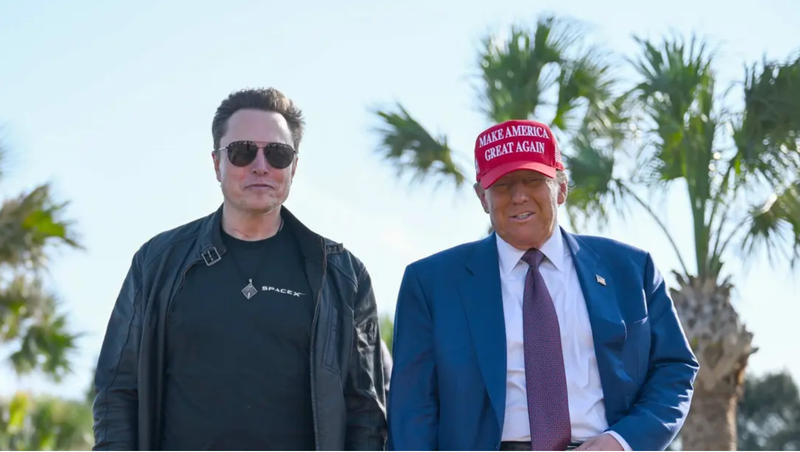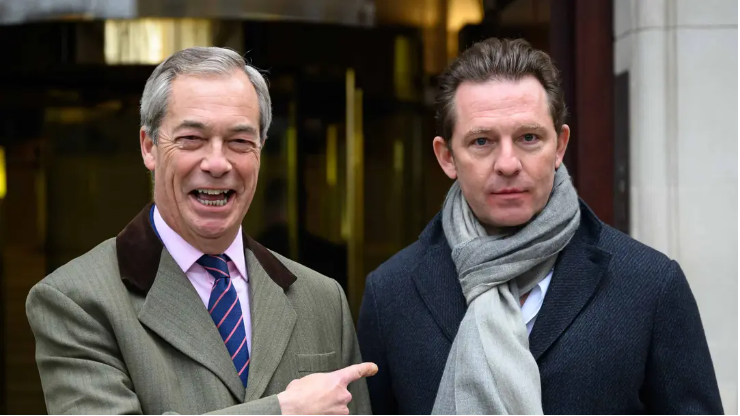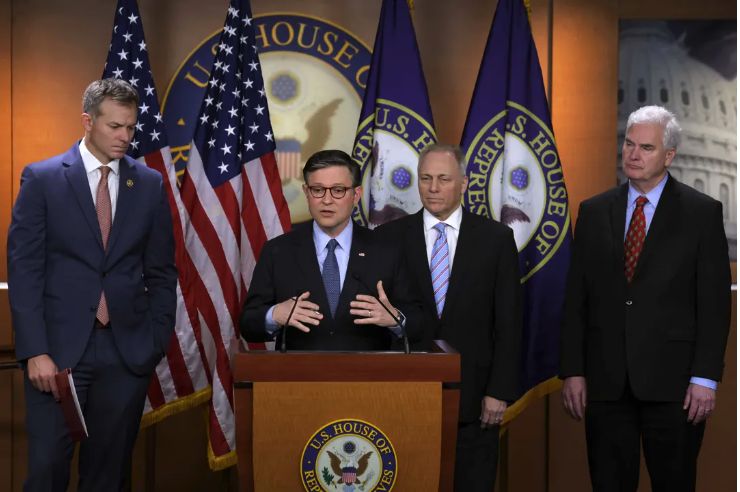Indian Business Icon Ratan Tata Dies at 86
Ratan Tata, the former head of Tata Sons — one of India's largest firms and among the country's most globally recognized business faces — died Wednesday at the age of 86....
0:00
/1861
Facts
- Ratan Tata, the former head of Tata Sons — one of India's largest firms and among the country's most globally recognized business faces — died Wednesday at the age of 86.[1]
- The Mumbai-born industrialist, who set out working on the shop floor of his family business and never married, headed Tata Sons between 1991 and 2012.[2]
- Under his leadership, the conglomerate bought the Tetley Group in 2000 and Jaguar Land Rover in 2008. It also launched a $2K micro-car in 2009.[3][4]
- Ratan Tata was chair emeritus when Tata Sons re-acquired Air India in 2021. Nationalized in 1953, the airline was founded in 1932 by his uncle JRD Tata.[5][6][4]
- While the 156-year-old group owns nearly 100 firms and employs over 350K, Ratan Tata had recently become a backer of startups including Ola and Goodfellows.[2][7]
- A Parsi (Zoroastrian) by faith, the Cornell University graduate was known to lead a modest lifestyle, reportedly earning him the label 'a model of corporate responsibility.'[8]
Sources: [1]BBC News, [2]Bloomberg, [3]CBS, [4]Sky News, [5]Metaculus, [6]Ft, [7]Al Jazeera and [8]The Indian Express.
Narratives
- Narrative A, as provided by Cornell Chronicle. Ratan Tata, a visionary business leader and philanthropist, transformed the Tata Group into a global powerhouse while maintaining a focus on social responsibility. His innovative approach, exemplified by the affordable Tata Nano car, improved lives across India. Tata's extraordinary generosity, particularly towards education and research, left an indelible mark on Cornell University and beyond. His humility, kindness, and commitment to public good set a sterling example of ethical leadership in the business world.
- Narrative B, as provided by Jacobin. The Tata Group, despite its carefully cultivated image of ethical capitalism and the late Ratan Tata's many achievements, had much to hide and be embarrassed about. The company's philanthropic efforts often served to control labor and maintain social hierarchies. Additionally, while presenting itself as a nationalist enterprise, Tata's success relied heavily on international connections. The company's recent involvement in contentious issues like land acquisition and agricultural reforms further challenged its self-portrayal as a force for national good.







